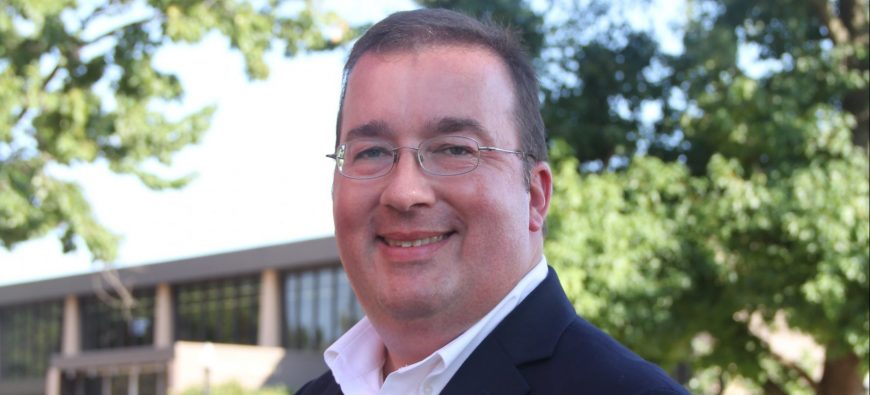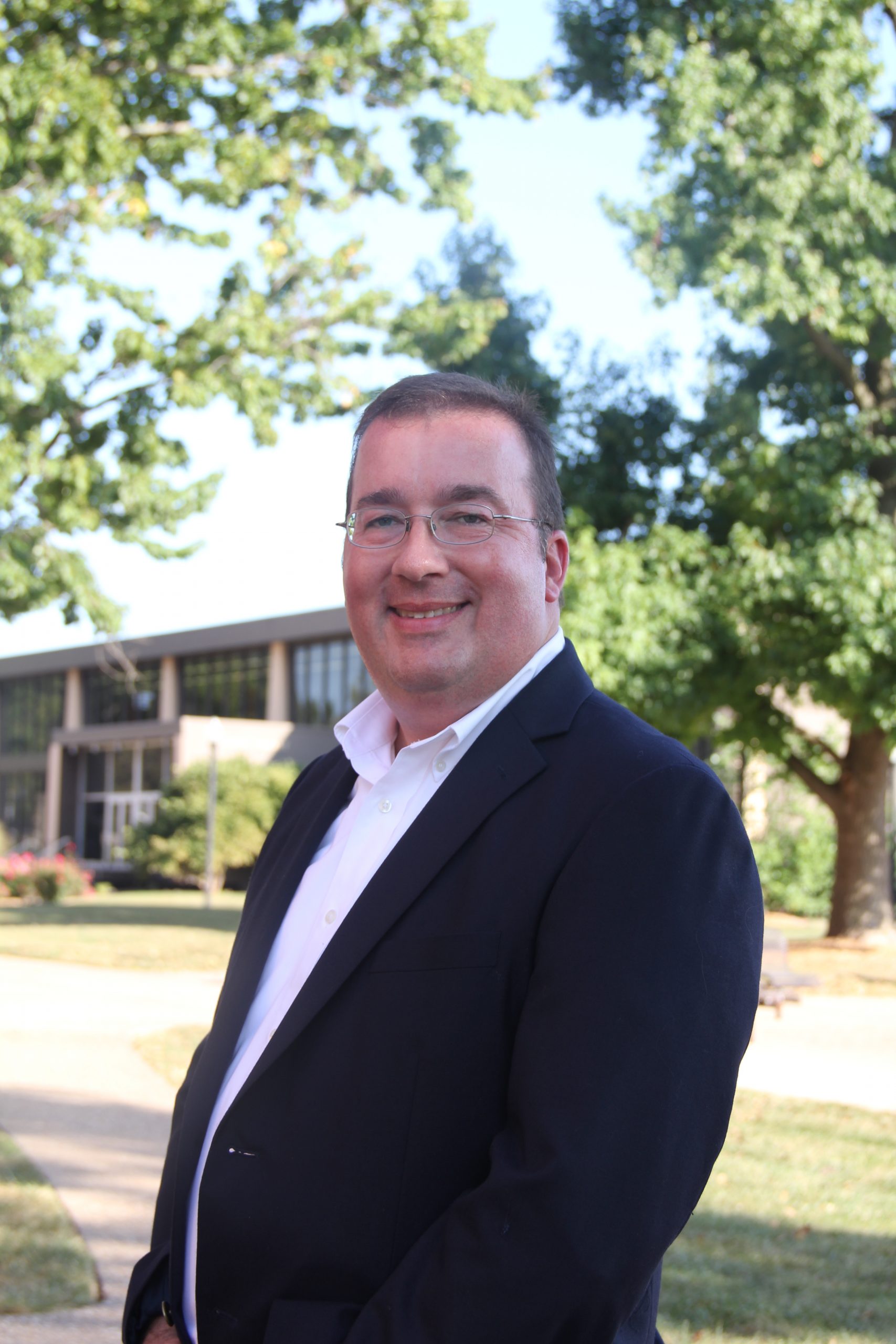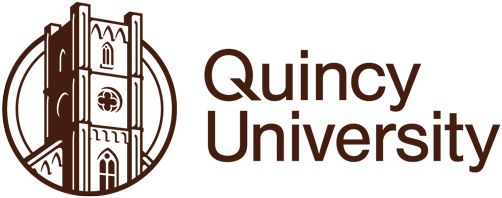
QU Admissions Office Among Nation’s First Colleges to Sign Collective Statement During Pandemic

Quincy University is among the nation’s first colleges to sign a new collective statement that seeks to send clear messages about what college admissions deans value in students during the coronavirus pandemic. The statement also aims to relieve stress on students and their caregivers and to promote equity in college admissions.
“Care Counts in Crisis: College Admissions Deans Respond to COVID-19,” released by Making Caring Common, a project of the Harvard Graduate School of Education, provides guidance on self-care, academic work, service to others, family contributions, and extracurricular and summer activities.
“During this unique time in history, the enrollment team at Quincy University is proud to stand with more than 350 enrollment leaders from across the country in reassuring students and their families that we care about their well-being during the pandemic,” said Tom Oliver, M.L.A, vice president of enrollment management. “Accordingly, the QU admissions team will be flexible in the admission process and work with each student to ensure they are able to successfully navigate the admission and financial aid processes to fully consider QU.
“The Making Caring Common initiative aligns perfectly with Quincy University’s Franciscan and Catholic values and reminds all of us that each person matters and is valued regardless of circumstance.”
More specifically, this statement underscores the following:
- Self-care. The deans recognize that many families during this time are struggling to get by and that wide ranges of students are dealing with stresses of many kinds. The statement encourages students to take care of themselves.
- Academic work. While the deans emphasize that students’ academic work matters to them during the pandemic, they also recognize that many students are facing obstacles to academic work. The deans understand that they will assess academic achievements in the context of these obstacles and mainly base assessments of academic achievement on work before and after this pandemic. They further state that no student will be disadvantaged because “of their school’s decisions about transcripts, the absence of AP or IB tests, their lack of access to standardized tests (although many of the colleges represented here don’t require these tests), or their inability to visit campus.”
- Service and contributions to others. The deans express that they value contributions to others and service during this time for those who are in a position to provide these contributions. They emphasize that they are not looking for extraordinary forms of service or leadership during the pandemic. They don’t want to create a “pandemic service Olympics.” They are looking for contributions that are authentic and meaningful, including contributions that respond to the many needs created by the pandemic.
- Family contributions. The deans recognize that many students have family responsibilities, including supervising younger siblings, caring for sick relatives, or working to provide family income that can impede their capacity to engage in school and other activities, and that these responsibilities may have increased during this time. They view substantial family contributions as very important and encourage students to report them in their applications.
- Extracurricular and summer activities. The deans convey that no student will be disadvantaged for not engaging in extracurricular activities during this time, and they state that students will not be disadvantaged for lost possibilities for summer involvement, including lost internship opportunities, summer jobs, camp experiences, classes, and other types of meaningful engagement that have been canceled or altered.
“Students and parents understandably have many questions about what college admissions deans are expecting during this time of the pandemic, and there are all sorts of misinformation swirling around,” says Richard Weissbourd, the faculty director of Making Caring Common. “This statement seeks to answer these questions, to dispel the fog of misinformation, and to affirm the deans’ commitment to meaningful learning, equity, and care for self and others.”
For the full statement and additional information, visit Making Caring Common online at www.makingcaringcommon.org. Making Caring Common, a project of the Harvard Graduate School of Education, helps families, educators, and communities raise kids who care about others and the common good.
Founded in 1860 by Franciscan friars, Quincy University (www.quincy.edu) is celebrating 160 years as a Catholic, co-educational, liberal arts, residential university. Quincy University offers undergraduate, graduate, and adult education programs that integrate liberal arts, active learning, practical experience, and Franciscan values. Faculty and advisors work with each student to design a customized success plan to help them graduate on time, find their passion and prepare them for life. Quincy University’s intercollegiate sports are members of the NCAA Division II Great Lakes Valley Conference for men and women. For more information, please contact the Quincy University Office of Community Relations by calling (217) 228-5275. Quincy University. Success by Design.


